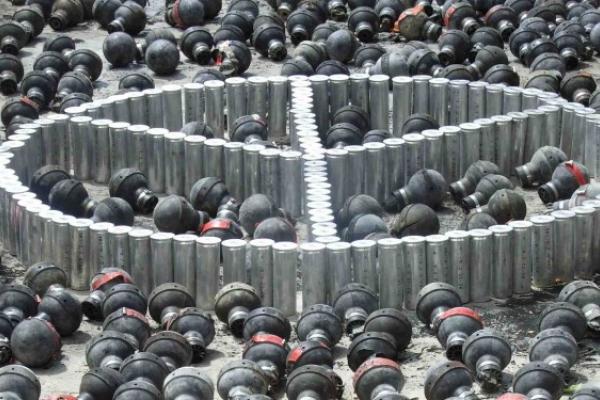
Ever since the stalling of the 90s Israeli-Palestinian peace process, peace seems to have lost its effectiveness as political signifier in the Israeli political sphere. Instead of the grand historical telos (and intricate utopian imaginary) that it used to signify, peace seems to have become something like a permanent spot in our peripheral vision—an unimportant duty or something to which all pay political lip service. There are of course multiple positions one can take on the matter: that Israel never seriously pursued peace; or that the Palestinians didn’t; that we were naïve to think that peace is achievable at all; or that it is still pursued despite evidence to the contrary, etc. None of these, however, provides us with a good account of the fact that peace is no longer the promising political goal it used to be, or explains how it ever came to be charged with great transformative potential.
This talk seeks to explain precisely this strange transformation: the vanishing of peace from the Israeli political sphere after 90s, which left behind it an eternal neoliberal present where once there was a future. Accounting for the disappearance of peace can open up our historical imagination to larger political questions: Do we need to renarrate the history of Israel or Zionism after the end of peace? And if so, how? And if we are not to succumb to the present’s eternity, how can we present Israeli reality again as a space of some unfinished collective project, one committed to both Palestinian emancipation and ending the plight of Israelis? Presenting a new account of Israeli history, this talk will touch on these questions and others.
